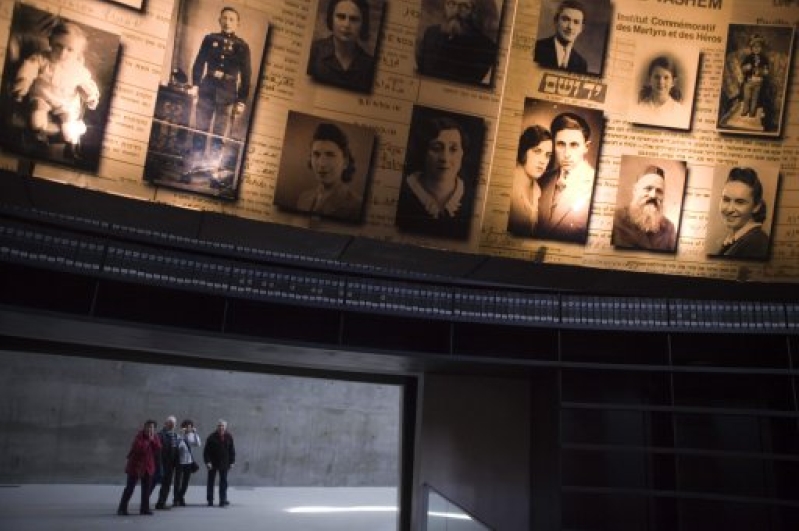
The Archbishop of Canterbury has urged the world to learn the lessons of the Holocaust by valuing others.
Speaking on Holocaust Memorial Day today, Dr Rowan Williams said it seemed the world had not yet learned the lessons of the Holocaust.
He warned against “dehumanising rhetoric” seeking to separate ‘us’ from ‘them’ and attitudes similar to those that led to the Holocaust.
“We need to be vigilant about every expression of ungenerous feeling towards people in need and all who may for a time be dependent on the wider community – the refugees and asylum seekers,” he said. “We need to be alert to the signs of a casual attitude to the value of human lives, whether by acts of terrorism or more subtly, in relation to disability, or the beginning or end of life.”
As the generation of Holocaust perpetrators and survivors passes away, Dr Williams said the challenge was to keep alive the reality of what had happened and its significance.
“We must surely attend not only to the survivors and their stories but also to what is to be their legacy. Will their legacy be a world in which such things no longer happen because we and our children have learned the lessons and acted on them? Or will their generation, with all its suffering, its tenacity and its offering of hope pass from us like a nightmare best forgotten?” he said.
Addressing pilgrims in his weekly general audience, Pope Benedict XVI said the testimony of the survivors "revealed to the world the horror of the crimes of an unimaginable cruelty in the extermination camps created by Nazi Germany".
"The Nazi horror reminds us to respect life," he said.
The Bishop of London Dr Richard Chartres said he hoped present generations would learn from the mistakes of the past by seeing an award-winning play about the Holocaust taking place in central London tonight.
‘And Then They Came For Me – Remembering the World of Anne Frank’ will be performed at St Margaret Pattens church.
It tells the story of Eva Schloss, the posthumous step sister of Anne Frank, her capture by the Nazis and the ordeal she suffered in the concentration Auschwitz-Birkenau.
Schloss, who now lives in London, will attend the performance at St Margaret Pattens as well as another performance being held later at the Proud Gallery in Camden.
She said: “Unfortunately, many young people do not know very much about what happened in the last century, how hatred and prejudice prevailed and prevented people from resisting evil. Through knowledge of what happened then, we are trying to prevent a repetition of such horrors.”
The Bishop of London Dr Richard Chartres said the message of the play was common to all faiths.
“This play’s message is as important today as it ever was, so that the present generations do not repeat the mistakes of the past and that love and tolerance should prevail over hatred,” he said.
The play's Muslim director and producer Nic Careem said: "Eva’s story isn't merely an awful history lesson. It is a warning. We sometimes reassure ourselves that these horrors occurred in a different time. But it is worth considering that the Nazi era was born in one of the most advanced and civilized nations our species had ever known - a country that produced Goethe and Beethoven. And what’s more, it was introduced in a democracy."
© 2010 Christian Today. All rights reserved. This material may not be published, broadcast, rewritten or redistributed.






